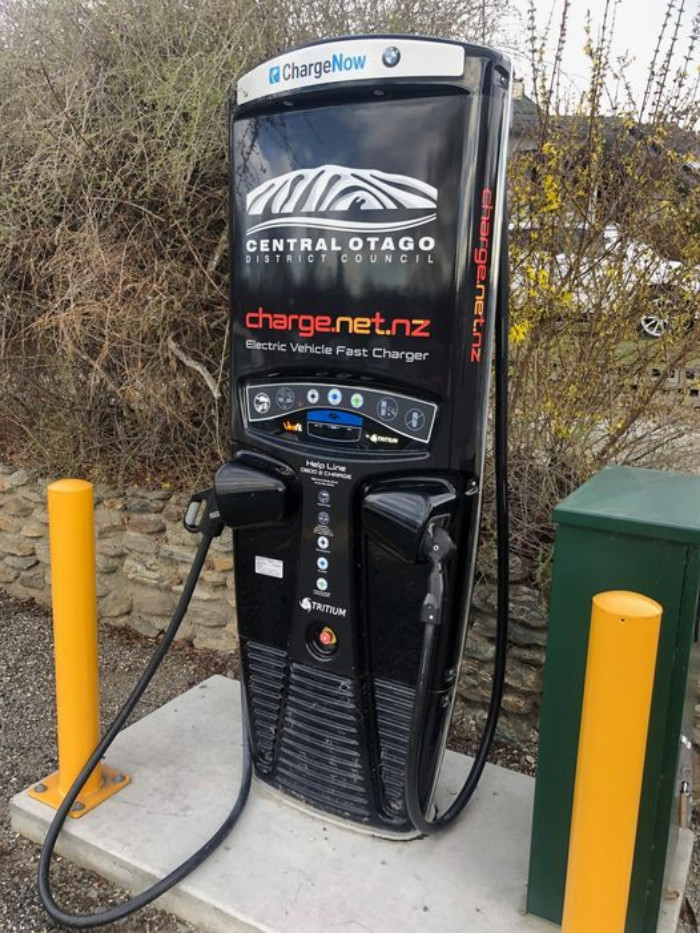Government supports more low emission vehicle options
Rowan Schindler
22 February 2021, 4:30 PM
 The Government will provide more support to low-emission transport projects across the country.
The Government will provide more support to low-emission transport projects across the country. The Government is giving more support to clean up how New Zealanders move around with approval for 22 new low-emission transport projects, announced by the Energy and Resources Minister Dr Megan Woods last week.
A community electric bike and car share scheme, additional EV charging stations, as well as five hydrogen trucks and a demonstration electric truck, are some of the latest projects to get Government co-funding.
“The Climate Change Commission’s recently-released draft report rightly points out how crucial reducing transport emissions is to meeting our climate change goals. It shows we are on the right track by supporting the uptake of cleaner technologies,” Megan Woods said.
Central Otago District Council has a number of EV initiatives, including charging points and a number of EV cars in the Council’s fleet.
“Council is putting action to its commitment to move towards EV vehicles for our fleet where practical,” CODC CEO Sanchia Jacobs says.
“We currently have 26 cars in the fleet, of which 12 are EV. We expect that number to grow as natural replacement cycles occur.”
Tourism Central Otago General Manager Dylan Rushbrook says the recently unveiled Central Otago Touring Route has been welcomed, with a number of EV charge points along the electric vehicle-friendly route.
“The EV points on the Central Otago Touring Route have been well received and acknowledged as a key point of difference,” he says.

The Central Otago touring Route has several EV charge points along its route.
The Low Emission Vehicles Contestable Fund (LEVCF) will contribute $3.7 million to the projects, with the 22 recipients contributing a total of $9.4 million. The fund is administered by the Energy Efficiency and Conservation Authority (EECA).
Projects include Ōtautahi Community Housing Trust’s initiative, which is giving its tenants the opportunity to share, rather than own transport through:
- secure e-bike storage for a community bike share for its tenants (the Trust is funding the bikes itself), and
- two second-hand Nissan Leafs for a community car share scheme.
Fuso and Hyundai Motors New Zealand secured funding for both electric and hydrogen demonstration trucks, respectively.
Dr Woods noted that the spread of projects showed the fund’s reach across the transport sector. “Demonstrating and proving the potential for electric and hydrogen heavy vehicles is important, as heavy freight has an outsized impact on transport emissions.
“At the same time, we need to enable people to get around, and the Ōtautahi Trust projects will demonstrate a community and people-first approach that shows you can reduce the size of the fleet, replace it with low- or zero-emissions options, and still have freedom of movement.”
Dr Woods also noted the continued expansion of the public charging network, with another 11 public chargers (many high capacity fast chargers with multiple charging ports) co-funded in Round Nine. ( Continue reading story below)
Advertisement
In total, the LEVCF has co-funded over 600 public EV chargers, of which more than 450 are operational.
“The growing charging network should give New Zealand households and businesses thinking of purchasing EVs the confidence to do so, in the knowledge the infrastructure is increasingly available, thanks in large part to the Fund, Megan Woods said.
Since the Contestable Fund began, EECA has committed $29.4m in government funding to 180 projects, matched by $62m in applicant funding. Round 10 will open in March/April 2021.
The Fund is one of several initiatives in the Government’s Electric Vehicles Programme.
The purpose of the Contestable Fund is to encourage innovation and investment that will accelerate the uptake of low emission vehicles in New Zealand.
In 2020/21, up to $6.5 million in grant funding is available across two funding rounds.
EECA’s Board is responsible for approving funding proposals, which are evaluated and recommended by an independent assessment panel.

